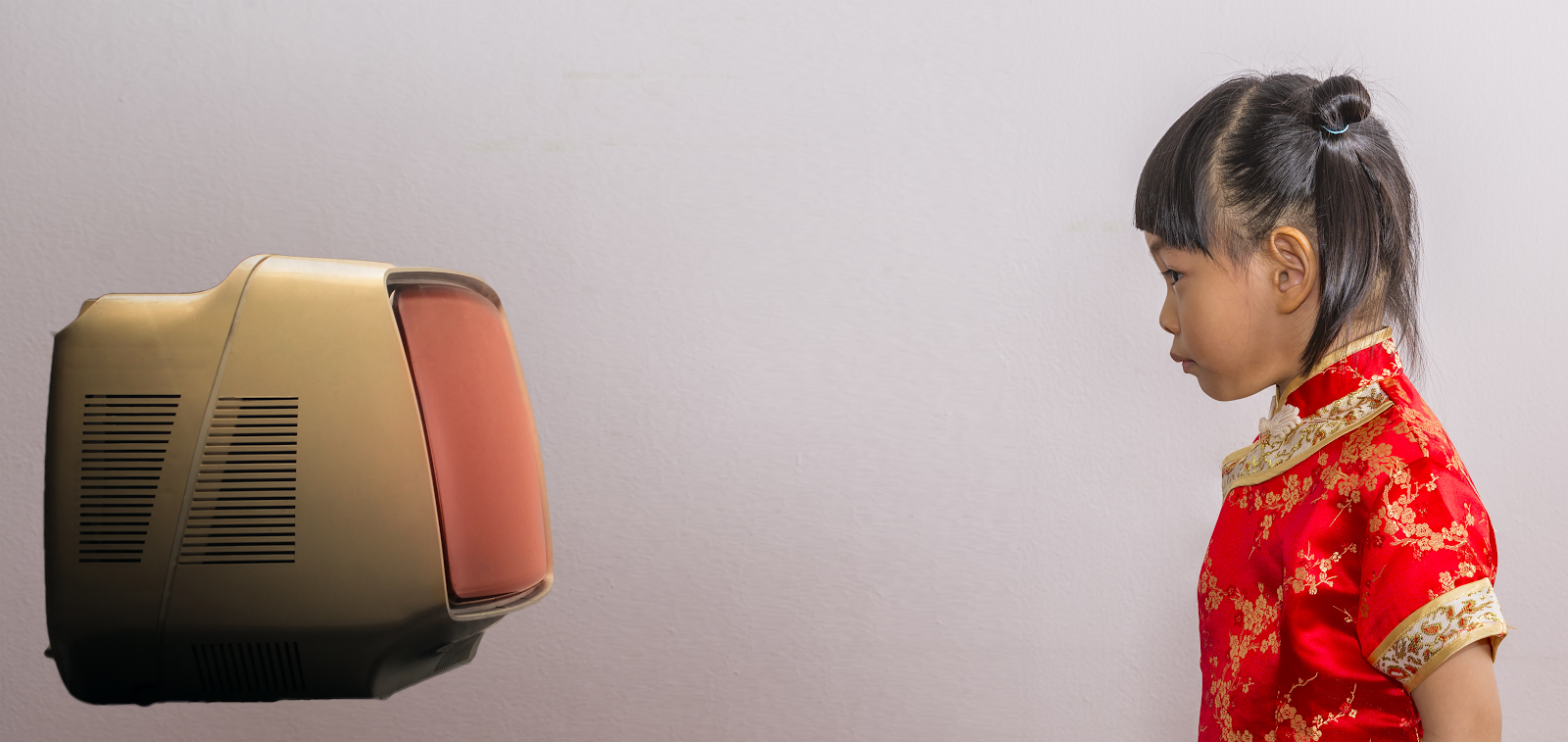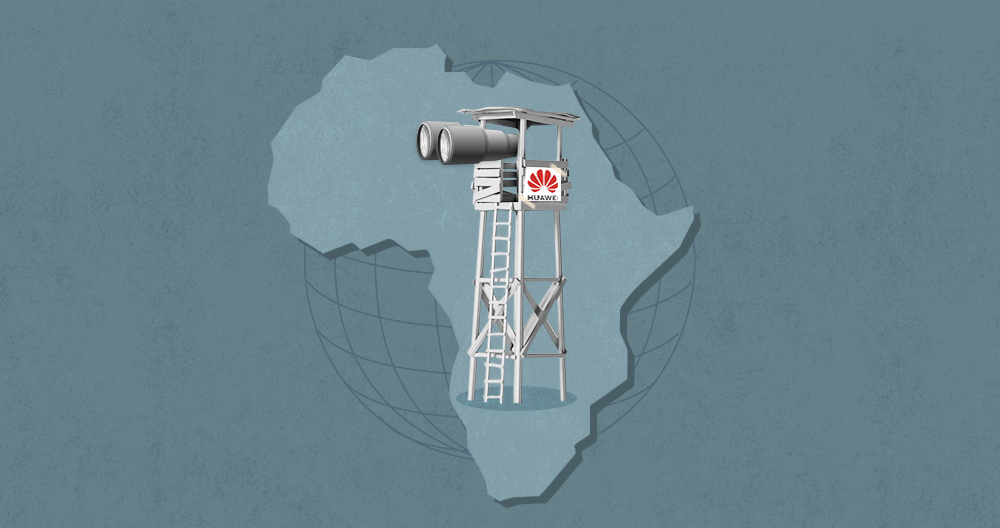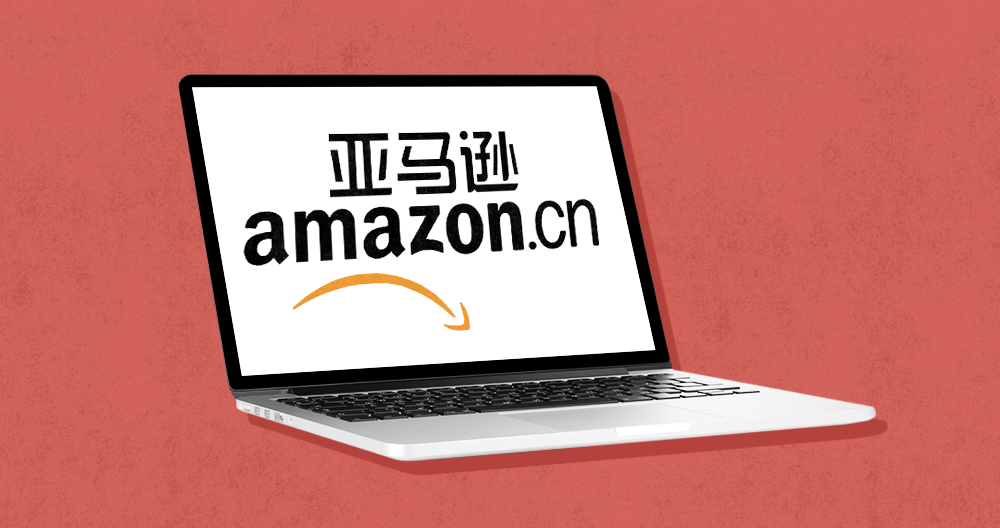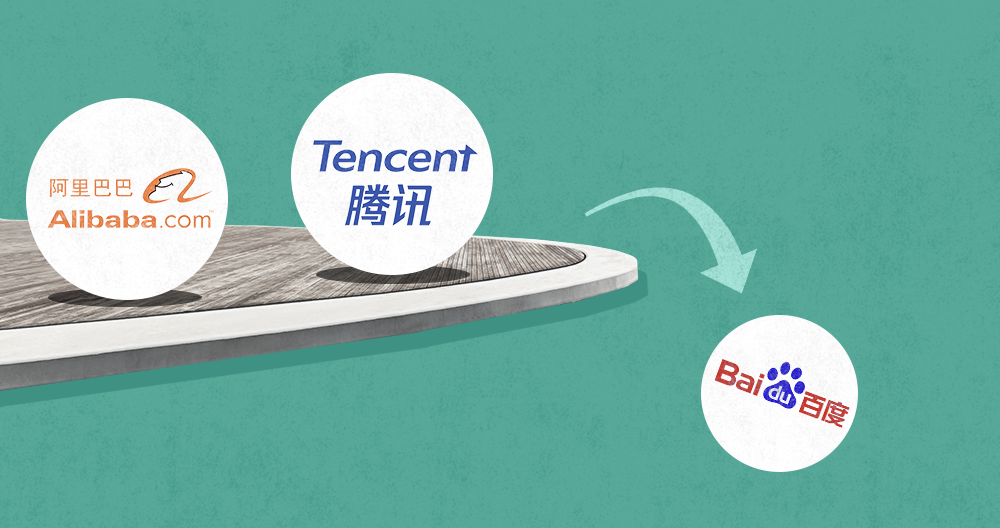Weekly Briefing: A million-strong protest in Hong Kong; Twitter and Facebook accuse China of disinformation; bye bye, Baidu


Hello, readers! The China Project Weekly Briefing details the most important China news from the past week. It also comes in the form of a free newsletter — sign up using the box at the top of our homepage.
~
One announcement: Our NEXT China conference is all about the trends that define the relationship between China and the world. Early bird tickets are on sale, and the roster of speakers is growing by the day. To learn more, visit events.supchina.com
Now for the news: For as long as we’ve been doing this Weekly Briefing (click here for the archive on The China Project), massive numbers of Hong Kongers have been on the streets protesting. Yesterday, an estimated 1.7 million people took to the streets — the third rally in three months with over a million people. See Hong Kong Free Press for a recap of the peaceful demonstrations.
As explained by The Guardian, the protestors have rallied around five central demands:
- “The complete withdrawal of the proposed extradition bill
- The government to withdraw the use of the word ‘riot’ in relation to protests
- The unconditional release of arrested protesters and charges against them dropped
- An independent inquiry into police behaviour
- Implementation of genuine universal suffrage”
To get daily news and analysis of the situation in Hong Kong, subscribe to The China Project Access.
Our top story is not directly about the demonstrations, but rather the information war that has accompanied the protests, and gotten increasingly ugly in the past few weeks.
—The Editors
1. Twitter and Facebook accuse China of Hong Kong disinformation campaign

Photo credit: The China Project illustration
WHAT HAPPENED
Twitter made an unprecedented move to single out China for coordinating a disinformation campaign, specifically about Hong Kong. Per the company’s announcement:
- A “spammy network of approximately 200,000 accounts” has been proactively suspended, and Twitter has “reliable evidence to support that this is a coordinated state-backed operation.”
- “These accounts were deliberately and specifically attempting to sow political discord in Hong Kong, including undermining the legitimacy and political positions of the protest movement on the ground.”
- 936 of the most active accounts are named, and information on them was publicly released. By The China Project’s count, 326 of the accounts had over 10,000 followers, meaning that this disinformation campaign likely reached many millions of people.
Facebook also singled out China for “coordinated inauthentic behavior,” and removed seven pages, three groups, and five accounts that were posting about Hong Kong.
In another, potentially even more significant move, Twitter announced that it “will not accept advertising from state-controlled news media entities.” Until now, Chinese state media outlets like Xinhua, the People’s Daily, CCTV, China Daily, and the Global Times could — and did — pay massive sums of money to spread government propaganda across the globe via Twitter.
WHAT KIND OF DISINFORMATION?
Here are some examples of the narratives that Chinese state media has been promoting about the Hong Kong protests — and that these spammy accounts have been amplifying:
- The protests are instigated by the CIA, or by unspecified “black hands.”
- The protestors are violent, or even similar to terrorists.
- The protestors are separatists who want to overthrow the government.
But despite an ugly incident at the Hong Kong airport on August 13 in which a state media employee working for the Global Times was abused by protestors, there is no credible evidence to support these claims.
2. Baidu drops out of top 5 Chinese tech companies
Photo credit: The China Project illustration
THE BREAKUP OF B-A-T
After Google left the search engine market in China in 2010 — while leaving many of its other operations in the country intact — Baidu became the country’s dominant search engine. For years, it was a fixture of the Chinese internet landscape, wielding influence in research and investment matched only by ecommerce giant Alibaba and social media and gaming powerhouse Tencent. An acronym of the names of these three companies, “BAT,” was the name of the game for tech investors in China.
But no longer: BAT does not make sense as a group. Bloomberg reports that Baidu has “has bled $66 billion of capitalization since its peak in May 2018,” and that “NetEase Inc., China’s second-largest gaming house, has overtaken Baidu in market value.” Baidu is no longer even in the top five internet companies in China.
WHAT WENT WRONG?
Many things. Here are the two most important:
- Competition has increased. Bloomberg says that “Baidu has struggled to fend off competition from the likes of Tencent and ByteDance Inc., both of which are luring smartphone-savvy consumers and advertisers to their popular mini-video and social media apps.” We highlighted ByteDance and its popular TikTok short-video app in the June 25 Weekly Briefing.
- Baidu never fixed search. The portal is infamous for paid ads and inaccurate search results for medical queries, and more recently has come under criticism for rampant misinformation and fake news.
Meanwhile, Alibaba is soaring: The New York Times says that the company reported a 42 percent year-on-year growth in revenue for the three months ending in June, and attributed that growth to “the emergence of a middle class of over 300 million people living in large cities as well as the rapid urbanization of the countryside.”
3. Huawei dirty tricks department in Africa

Photo credit: The China Project illustration
THE STORY
The Wall Street Journal has published an investigation in text and video (paywall) on the activities of Chinese telecom leader Huawei in Africa, where the company has helped governments spy on opponents. Some of the juicy details:
- In Uganda in 2018, government intelligence officers worked with Huawei technicians to access the WhatsApp group of Bobi Wine, a pop star and opposition leader. Ugandan security forces then disrupted Wines’ plans for street rallies, and arrested him and dozens of his supporters. (Two popular Bobi Wine songs are Carolina and Mwesotinge; there’s a long Youtube mix of his music here.)
- In Zambia, Huawei technicians helped the government hack the phones and Facebook pages of opposition bloggers.
Huawei said that it “rejects completely these unfounded and inaccurate allegations,” but at least some of the evidence cited by the WSJ was in plain view: Zambia’s ruling Patriotic Front posted on its Facebook page in April that police officers working with “Chinese experts at Huawei have managed to track” and arrest four anti-government bloggers.
WHAT IT MEANS
The investigation did not find evidence of spying on behalf of Beijing in Africa, nor did it find that Huawei executives in China approved of, or planned, the behavior described in the report.
“While this will arguably [be] seen in the United States as evidence supporting the Trump administration’s Huawei ban, in Africa it raises the question of whether any network — Chinese or non-Chinese — is safe from local political mafias.” That is the view from Johannesburg, South Africa, via Cobus van Staden, a media scholar at the University of the Witwatersrand.
4. Racial profiling of Chinese scholars

Photo credit: The China Project illustration
One unfortunate feature of the growing tension between China and the U.S. is a pattern of prejudicial and inflammatory statements from public figures in the United States and other signs of official targeting of ethnically Chinese people, rather than the Chinese government. A couple months ago, we launched our Sinophobia Tracker to keep track of this worrying trend.
Two relevant pieces of news in the past week:
- Worsening U.S.-China government relations have filtered down to the general population: 60 percent of Americans now have a negative view of China, a huge jump up from 47 percent last year, according to Pew.
- A plea for the U.S. government to treat Chinese scholars fairly was signed by 19 universities and associations, amid fears of “racial profiling,” the South China Morning Post reports. You can view the full letter here.
5. People’s Daily wants to censor Amazon

Photo credit: The China Project illustration
Social media outrage in China, stoked by state media, has forced a handful of companies including Versace, Calvin Klein, and Taiwanese fruit tea chain Yifang to issue apologies in recent days for listing Hong Kong and Taiwan as countries on their websites or clothing and other perceived violations of China’s sovereignty.
Even Huawei, every Chinese patriot’s favorite phone maker, has been in trouble online for listing Taiwan as a country “in the time zone settings on Huawei phones when the user interface is in traditional Chinese language, commonly used in Taiwan and Hong Kong,” according to TechNode.
Now the online mob and their state media enablers have found a new target: Amazon. From the nationalistic tabloid Global Times:
U.S. online retail giant Amazon has irritated many in China on Wednesday after some netizens revealed it was selling T-shirts with images and slogans supporting violent protests in Hong Kong and their secessionist movement, which many view as not only offensive but also in violation of China’s sovereignty.
The People’s Daily, the Chinese Communist Party’s main newspaper that also owns the Global Times, also published an opinion piece (in Chinese) accusing Amazon of “disrespecting the sovereignty and insulting the image of other countries.”
Don’t anyone tell the People’s Daily what happens if you search on Amazon for Texas secession or anti U.S. government T-shirt!
~
The China Project Weekly Briefing is sent as a free newsletter every week — subscribe by entering your email into the box at the top of our homepage. To get daily roundups of China news, access to a members-only Slack channel and exclusive expert chats, and discounts on other The China Project events and products, sign up for The China Project Access today!






